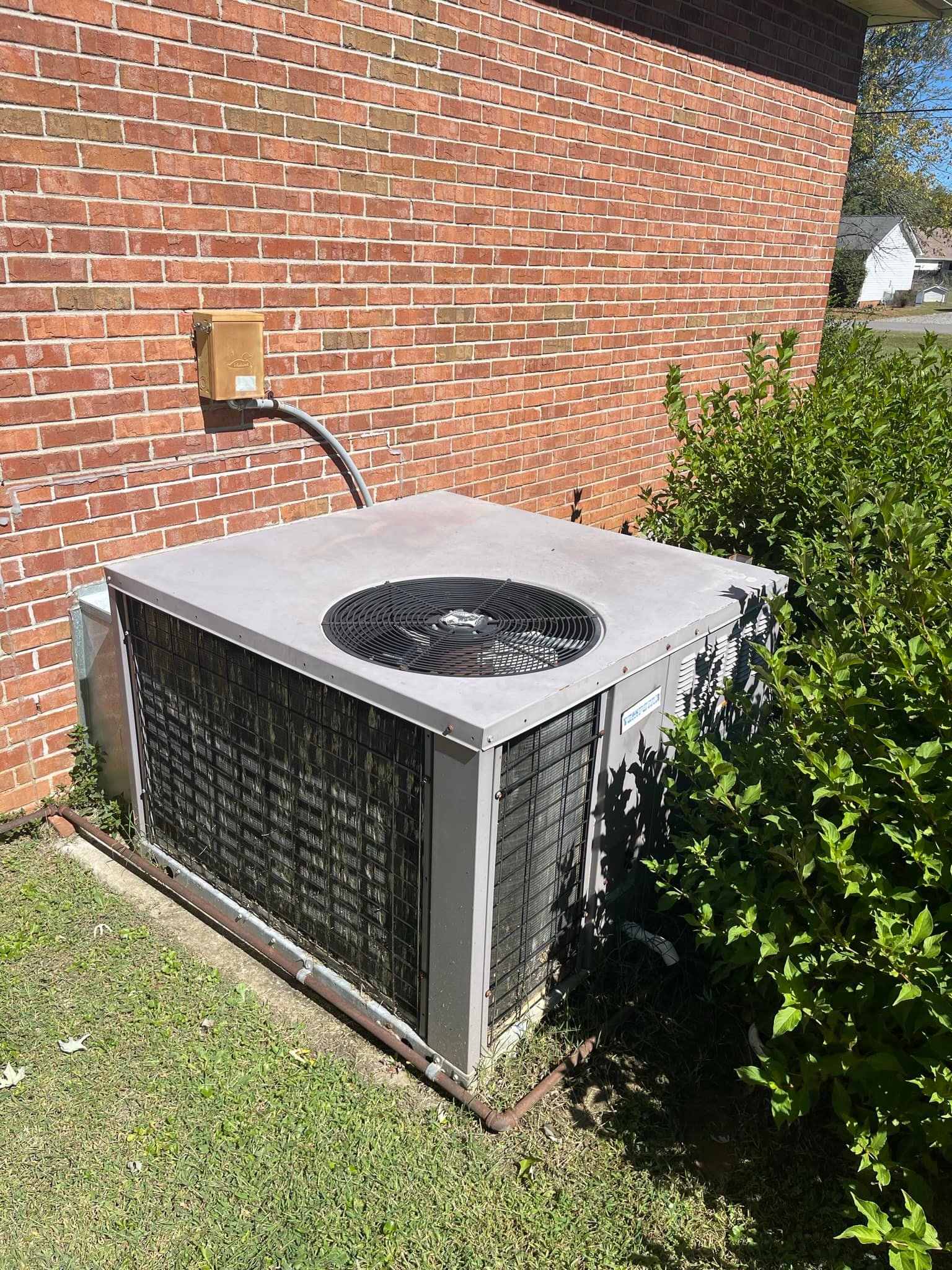
The Role of HVAC Systems in Allergy Prevention and Relief Oct 06, 2025
Understanding the Basics
HVAC systems, which stand for heating, ventilation, and air conditioning, are more than just temperature control tools; they are integral to maintaining indoor air quality. By properly filtering and ventilating the air in your home, HVAC systems can help limit the circulation of common allergens such as dust mites, pollen, pet dander, and mold spores. Ensuring your HVAC system is optimized and functioning effectively is crucial in providing a healthy breathing environment, especially for those with allergies.
The Importance of Air Filters
Air filters are an essential component in allergy prevention. A high-quality air filter can capture microscopic particles before they circulate through your home. For those sensitive to allergies, it is recommended to use filters with a minimum efficiency reporting value (MERV) of at least 8, which can trap smaller particles effectively. Regularly replacing or cleaning air filters every one to three months is key to keeping your HVAC system running efficiently and reducing allergen buildup.
Humidity Control Benefits
Another critical factor in managing allergy symptoms is controlling the humidity levels within your home. Excess humidity can lead to mold growth, which is a notorious allergen. Your HVAC system should incorporate a dehumidification function to maintain relative humidity levels between 30% and 50%. This balance not only mitigates mold growth but also reduces dust mites, which thrive in high humidity environments.
Ductwork Management
The ductwork in your home can be a hidden haven for allergens if not regularly maintained. Dust, pollen, and other particulate matter can accumulate in the ducts and continuously circulate through your home, exacerbating allergy symptoms. Scheduling professional duct cleaning every few years with a trusted service like Jarrell’s Quality Heat and Air can significantly reduce the risk of allergen distribution.
Leveraging Air Purifiers
For additional protection against indoor allergens, consider adding an air purifier to complement your HVAC system. These devices can be particularly advantageous in allergy season, providing an extra layer of filtration and improving overall air quality. When used alongside your HVAC system, air purifiers can noticeably alleviate allergy symptoms for sensitive individuals.
Regular HVAC Maintenance
Routine HVAC maintenance is crucial in ensuring that your equipment operates efficiently and effectively in combating allergens. Scheduling seasonal check-ups with professionals can identify potential issues, ensuring that filters, coils, and other components are clean and working correctly. When expertly maintained, your HVAC system is an invaluable ally in creating an allergen-reduced home environment.
Conclusion: A Breath of Fresh Air
By understanding and leveraging the full capabilities of your HVAC system, you can create a home sanctuary free from the assault of allergens. At Jarrell's Quality Heat and Air, we believe in the power of HVAC solutions for allergy relief and prevention. Simple actions like upgrading your air filters, controlling humidity, and investing in regular maintenance can have a profound impact on your indoor air quality, making your home a comfortable retreat from outdoor allergens. Whether through products or professional service, taking proactive steps to maintain your HVAC system can be your best strategy for successful allergy management.
/filters:no_upscale()/media/1c9f714a-9c2d-4dc6-b2fa-55db3f2eb60d.jpeg)
/filters:no_upscale()/filters:format(webp)/media/9b33b1de-d429-4d9b-bfb6-3877d79db880.jpeg)